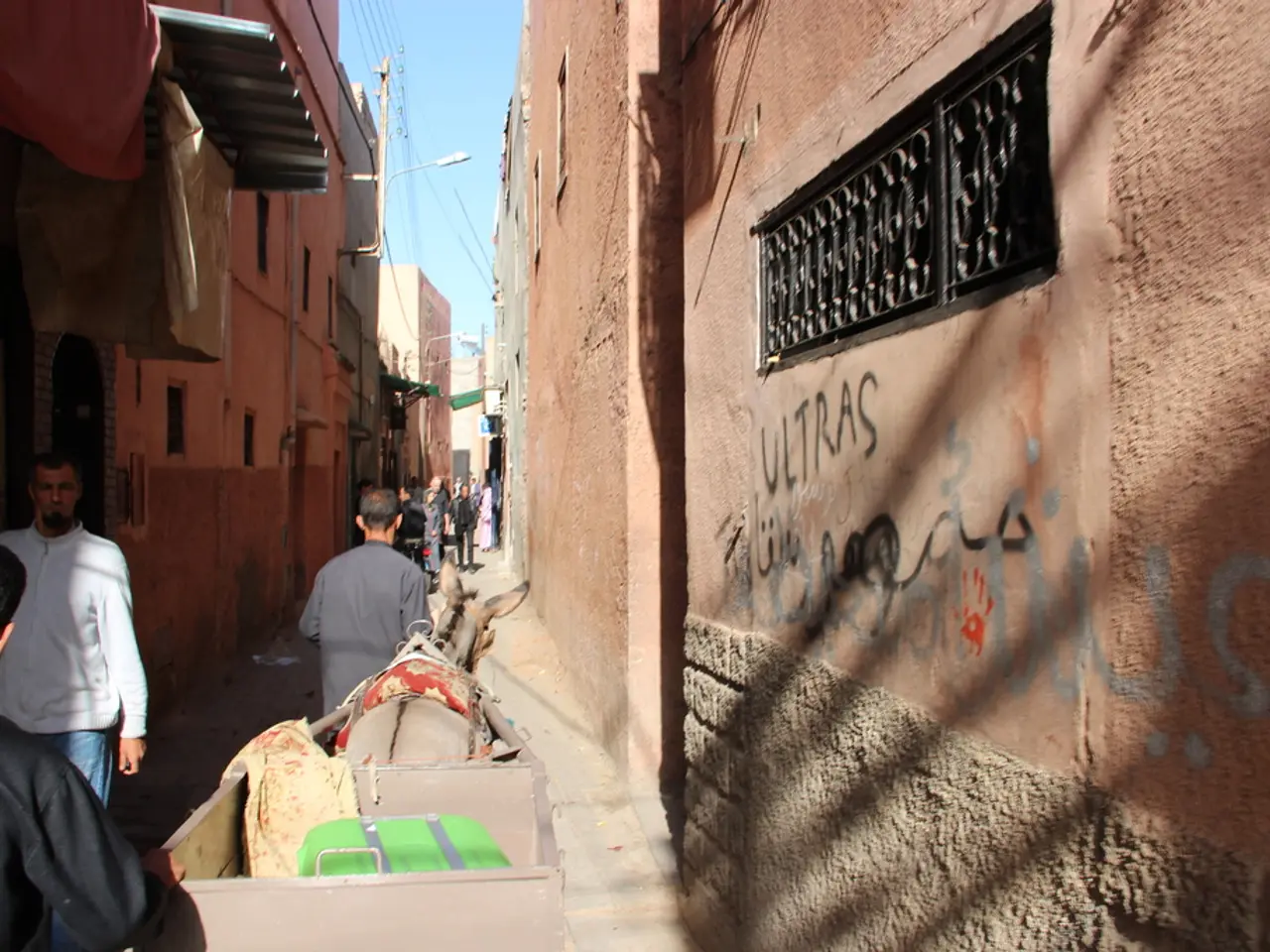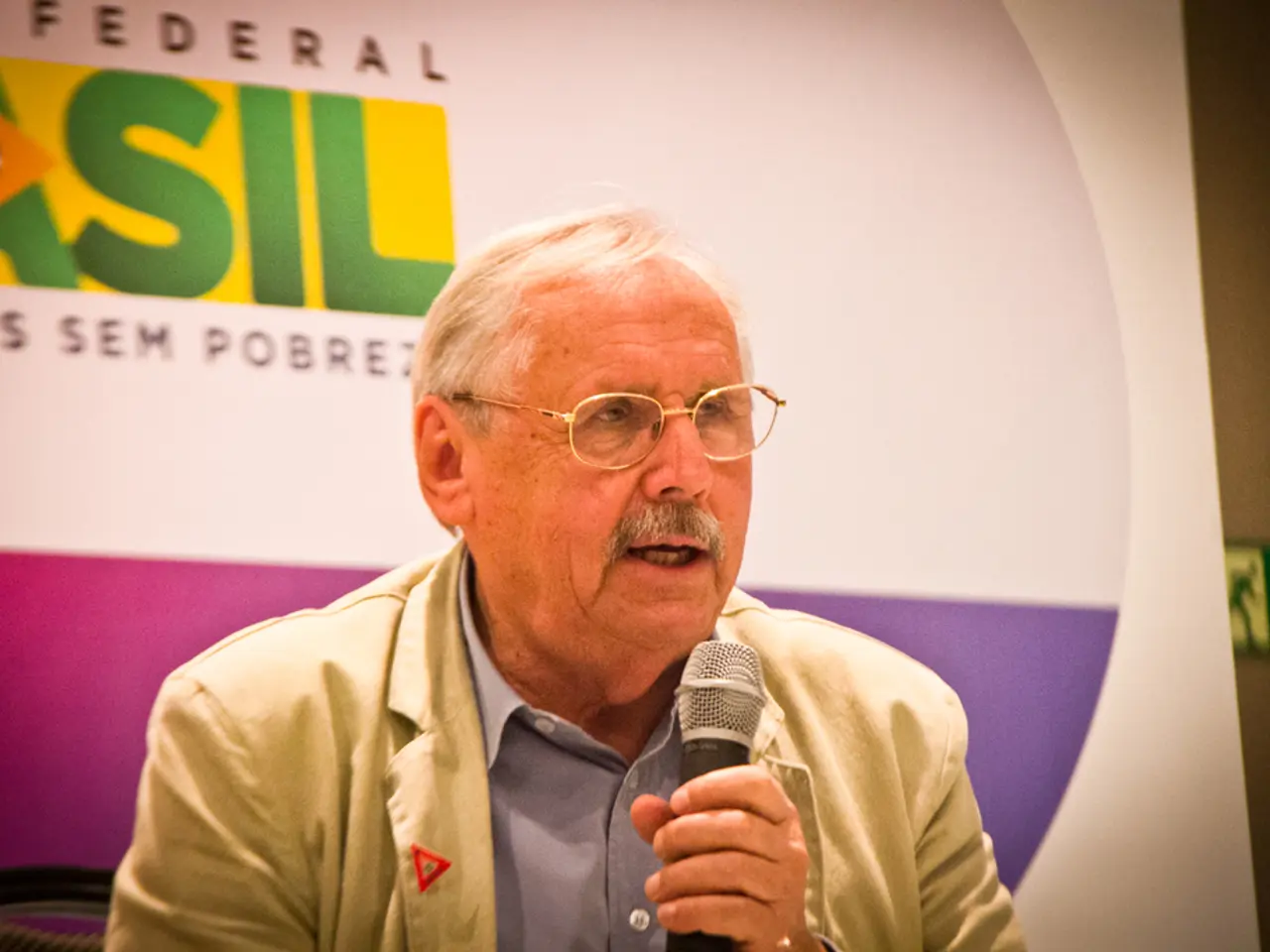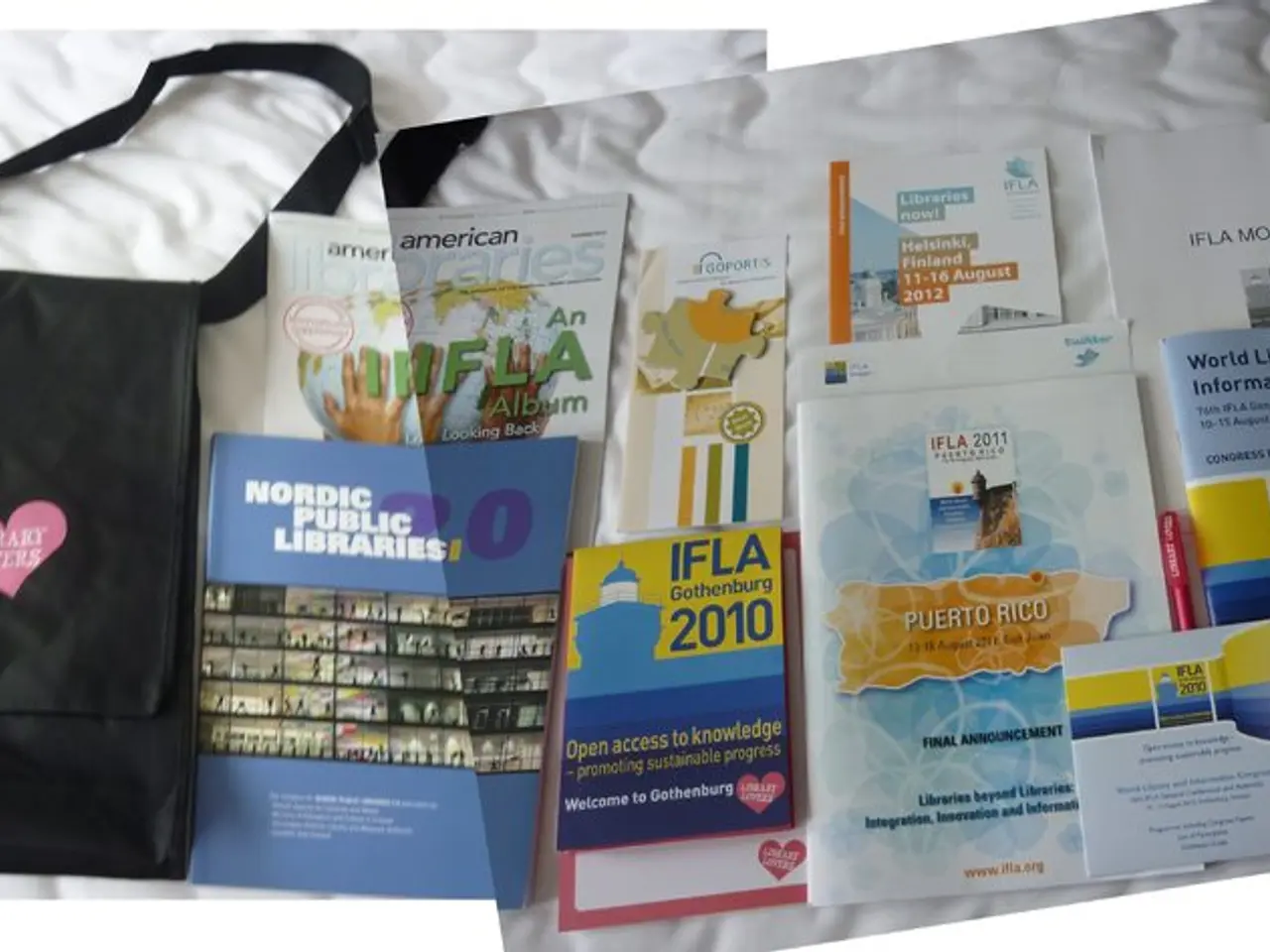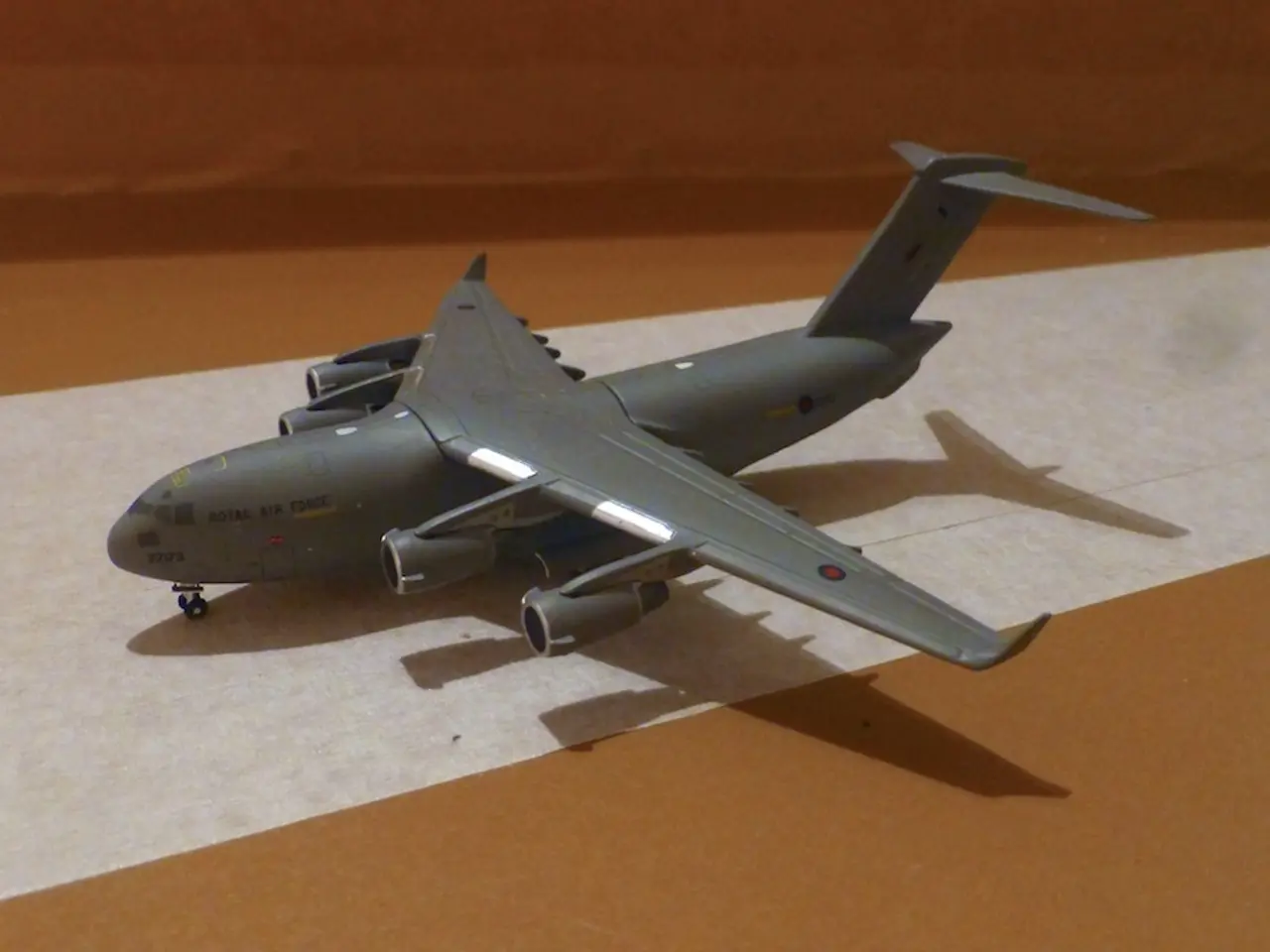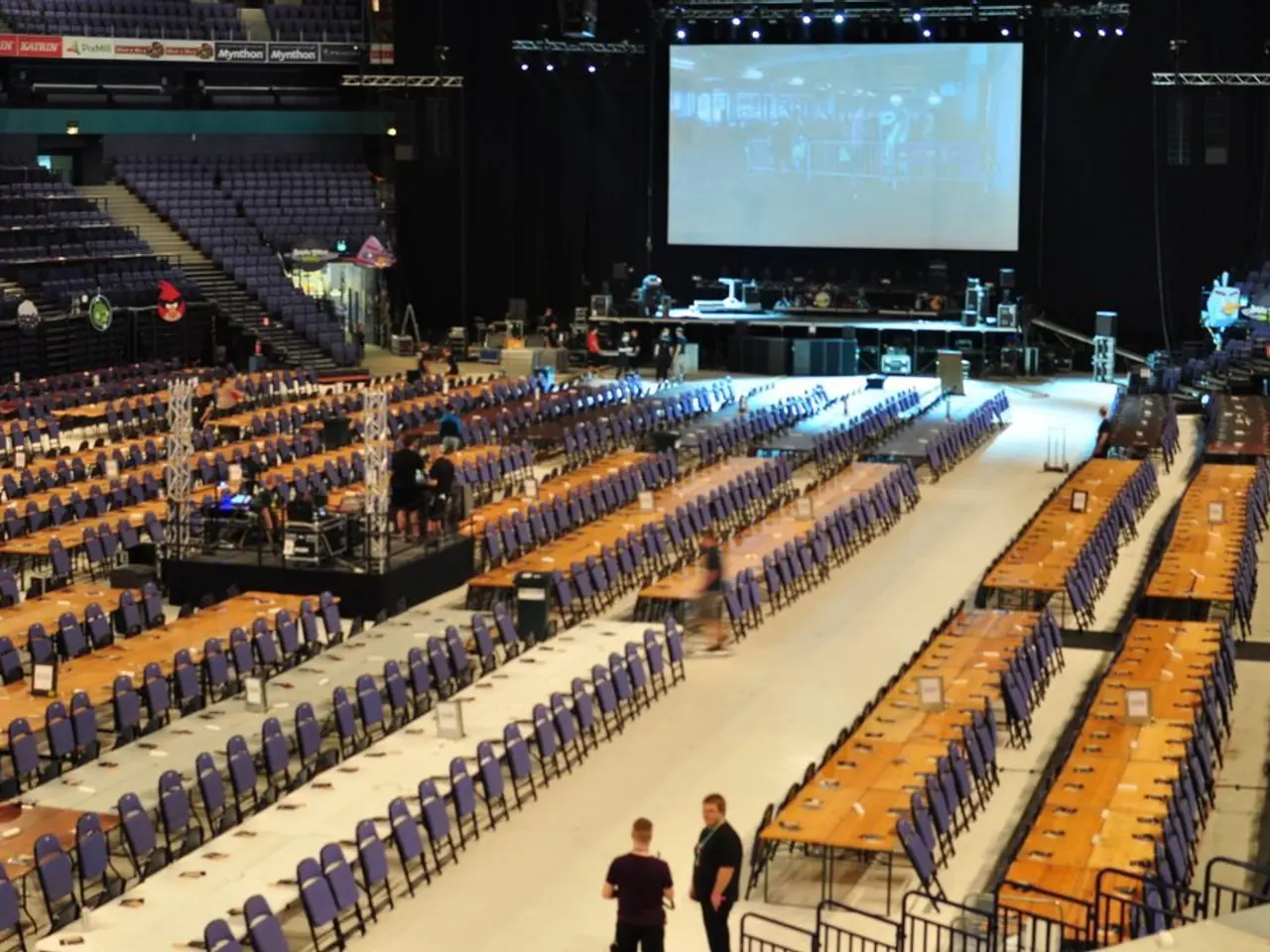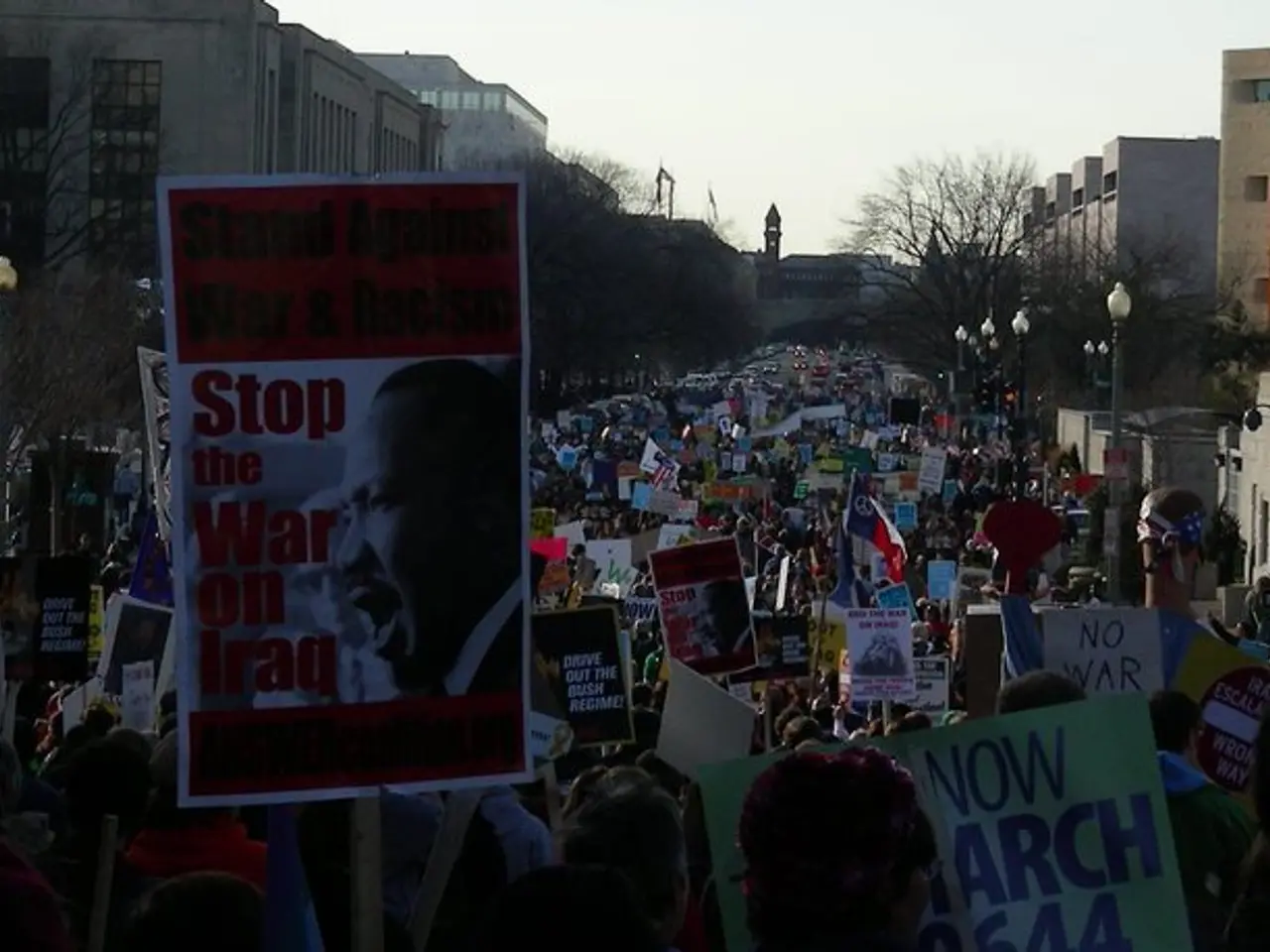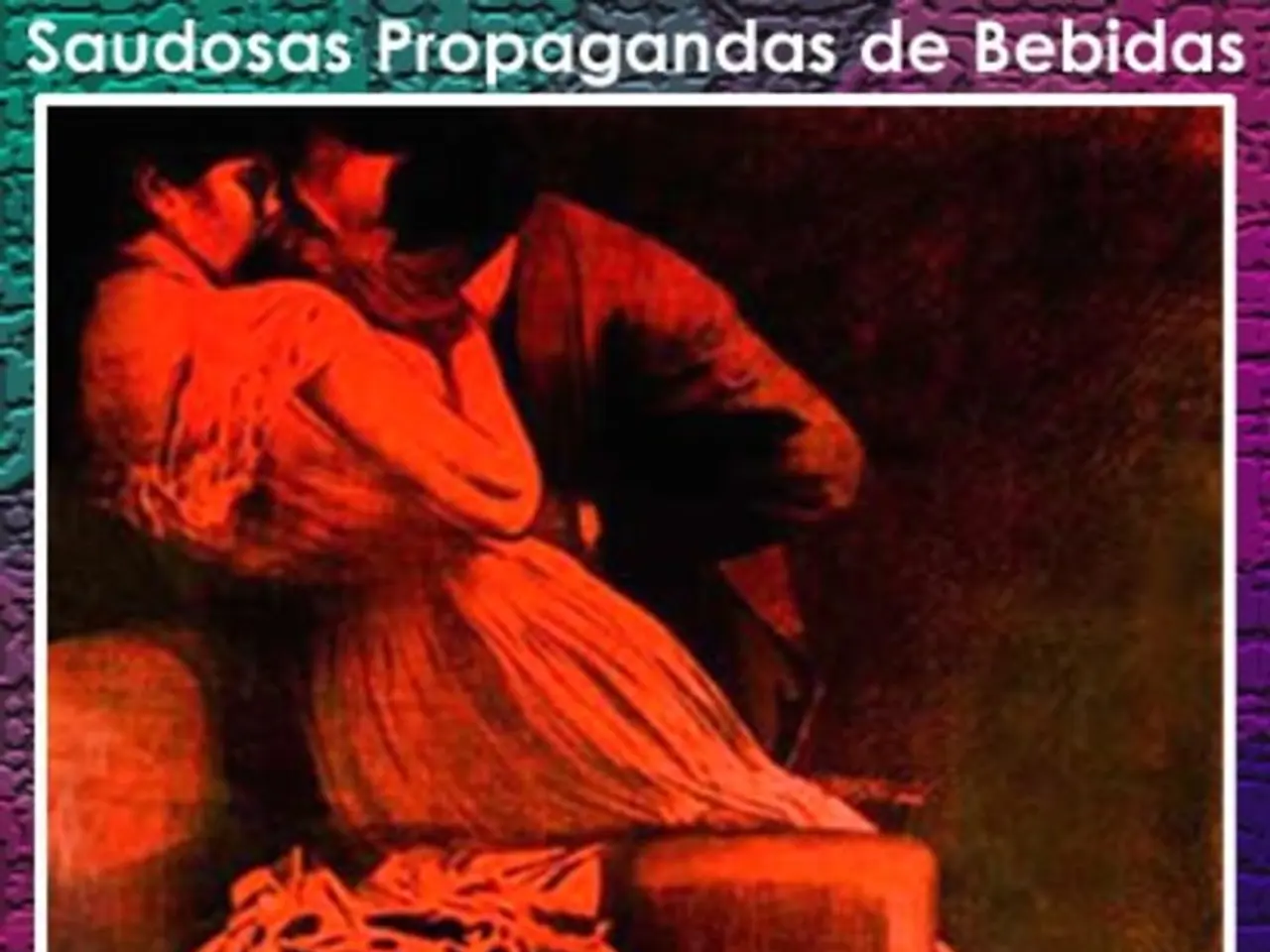Thailand Alleges Breach of Fresh Ceasefire by Cambodia in Delicate Border Peace Agreement
The ceasefire between Thailand and Cambodia, agreed upon on July 28, 2025, has faced numerous challenges, with both sides accusing each other of violations just hours after it was declared.
The truce, which aimed to prevent escalation, has effectively collapsed. Clashes resumed near disputed temples like Preah Vihear, with Thai forces reporting Cambodian UAV flights and incursions near the border, while Cambodia accused Thailand of illegal military assaults and territorial violations.
Following these ceasefire violations, Thailand conducted airstrikes that destroyed key Cambodian infantry command posts, while Cambodia claimed it acted in self-defense against Thai incursions. The conflict has caused displacement of hundreds of thousands and heightened tensions fueled by nationalist politics on both sides and unresolved colonial-era border disputes.
Military talks and ceasefire enforcement remain fragile and hampered by mutual distrust. Experts warn that without strong leadership, robust monitoring, and curbing nationalist rhetoric, the truce’s durability is at risk. As of early August 2025, no stable military dialogue or effective enforcement mechanism appears to have been established.
Both sides have pledged to maintain the truce by halting troop movements and facilitating the return of wounded and deceased individuals. However, civilians are likely to resume returns in small waves, and the ceasefire's durability now hinges on successful military coordination, clear communication, and the ability to address underlying border disputes.
The scheduled military talks to formalize the truce and coordinate implementation were delayed due to ongoing tensions. The Thai army spokesman, Major General Winthai Suvaree, accused Cambodia of deliberately violating the agreement to undermine mutual trust. In contrast, Cambodia's Defence Ministry denied the claims, stating that its troops have fully honored the ceasefire with no incidents since it began.
Humanitarian groups emphasize the need for safe access and civilian protection. Analysts caution the peace is precarious and easily destabilized by even minor breaches. The situation remains volatile, with emotions remaining fragile, and confidence in lasting peace is tentative.
International observers from the U.S., China, and Malaysia may be deployed to monitor compliance with the ceasefire. ASEAN and major powers remain involved diplomatically to try to stabilize the situation, but the conflict around the disputed temples continues to pose a serious challenge to lasting peace.
Former U.S. President Donald Trump had earlier linked the border conflict with trade negotiations, warning of possible 36% tariffs on exports from both countries unless hostilities ceased by August. The reopening of Thai border towns in Sisaket and the return of displaced residents to resume daily life offer a glimmer of hope, but the road to lasting peace remains long and fraught with challenges.
- Despite the ceasefire agreement between Thailand and Cambodia, diplomatic tensions persist, with China and other ASEAN members closely monitoring the conflict, potentially involving themselves in the peace process.
- The resumption of hostilities near the disputed Preah Vihear temples has caused a significant influx of displaced people, highlighting the need for political solutions to resolve these war-and-conflicts.
- As the scheduled military talks are delayed and mutual distrust persists, the general news focuses on the precarious nature of the truce and the importance of trade relations, with threats of increased tariffs looming if hostilities continue.
